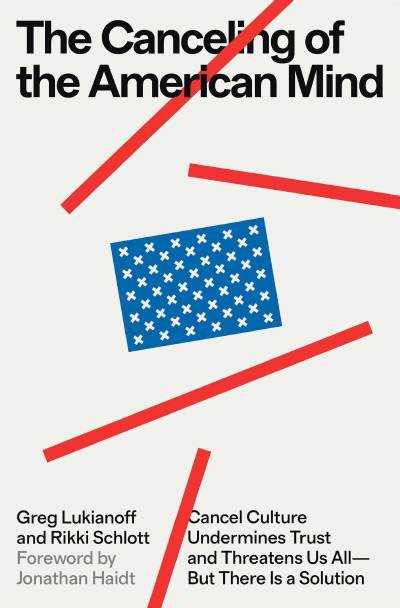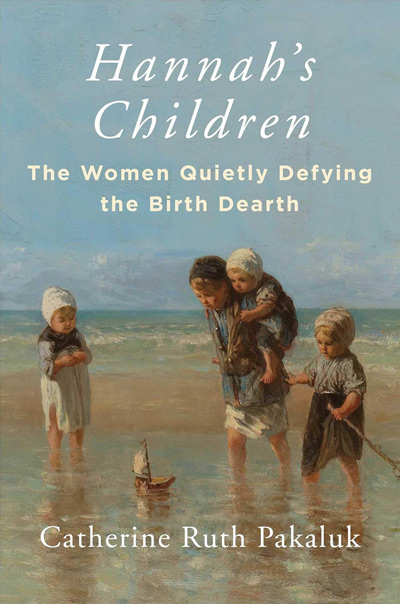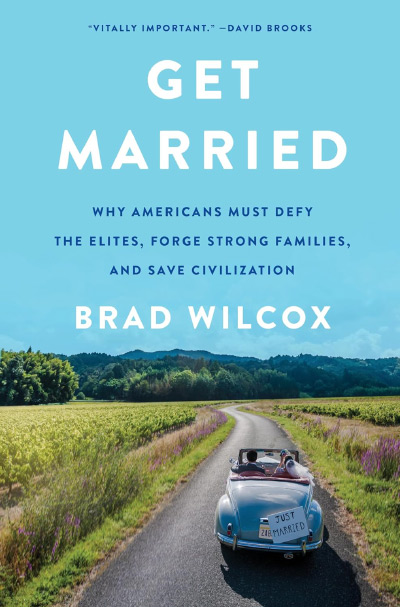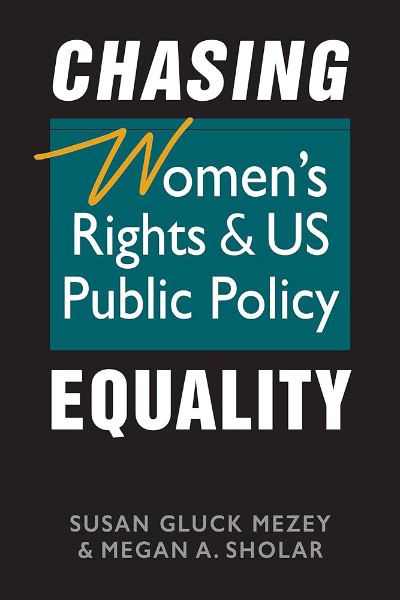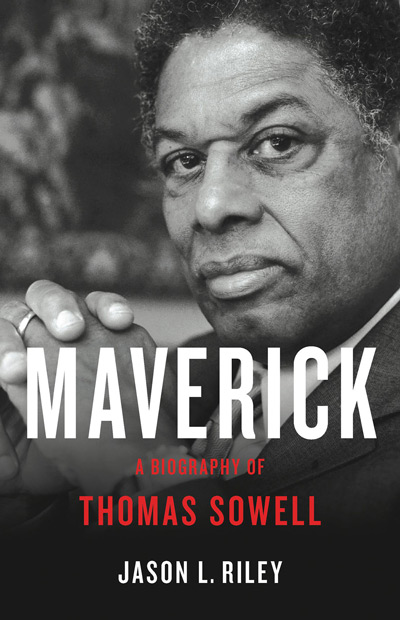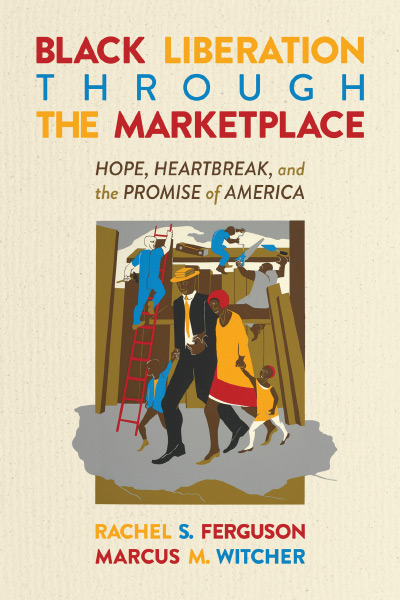I find myself writing this review in the wake of the attempted assassination in Butler, Pennsylvania, of former president Donald Trump. Little else is on the minds of Americans at the moment. A book on “the canceling of the American mind” seems topical, even if it is not directly about the materialization of the violence abundantly imagined by many of our fellow citizens.
A few years ago my wife and I were having a late Saturday lunch in a modest restaurant near where we live on Manhattan’s Upper West Side. The only other patron was a fortyish man talking on his cell phone. “I’ll take him out,” he said. “Taking out Trump would mean thirty years in jail, but I’ll take one for the team.”
We didn’t take this as a serious threat, and we didn’t alert the Secret Service. The man was not a would-be assassin but a grandstanding jerk who was performing as much for my wife and me as he was for the person on the other end of the line. He expected approbation. He provided a perfect instance of what I have called “new anger” in a brace of books on the topic (Peter Wood, 2007, A Bee in the Mouth: Anger in America Now, New York: Encounter Books; and 2021, Wrath: America Enraged, New York: Encounter Books). New anger is a cultural phenomenon. It is ambient, and it is meant to be seen and heard, and applauded. It is a performative emotional style and has an element of competition. It says, “See how extravagant my anger is. Notice my exuberant, damn-the-consequences display of passion, and the virtuosity with which I execute it.”
My term new anger never caught on, I think mostly because we are so immersed in new anger that we are no longer able to register how different it is from the older cultural norms in which public outbursts of anger were relatively rare and often treated as shameful. The mature adult was expected to control this emotion, and those who habitually failed to do so were seen as weak and pitiful. The cultural ideal—abundantly represented on-screen, in books, and in public life—was the man or woman who had the inner strength to master the emotion. Self-control sometimes failed, but that was nothing to be proud of. New anger is about the pleasure we take in putting our grievances forward as theatrically as possible and deeming those displays warranted by the rush of authentic feeling. New anger gives us a sense of validity, and from its perspective, self-control is derogated as cowardice.
Greg Lukianoff and Rikki Schlott’s new book, The Canceling of the American Mind, is a chronicle of what I would call late-stage new anger. Lukianoff and Schlott pick up with the efflorescence of “cancel culture,” which they date to the end of 2013. They provide a superb account of how this emotional turmoil manifests as the will to obliterate people who express opinions that run counter to the orthodoxies of our time.
The opening four chapters rightly locate “cancel culture” as having roots in academe. A second section of five chapters, grouped as “How Cancel Culture Works,” examines the spread of this destructive ideology to journalism, law schools, politics, psychotherapy, science, and medicine. The remaining five chapters (“What to Do about It”) provide recipes for improving parenting, corporate governance, schools, and higher ed. The writing is relaxed, fluid, and engaging. The “case studies” interpolated between chapters are perfectly pitched. And I found something to disagree with on almost every page. Not that I would want to dissuade anyone from reading this timely and well-made book. But I would want the reader to approach it with some sense of caution.
First, Lukianoff and Schlott are wedded to the idea that First Amendment–style free speech is the chief casualty of cancel culture, and the restoration of First Amendment freedoms would be the best remedy. Second, Lukianoff and Schlott are at pains to apportion the blame for cancel culture equally to the political left and the political right, and to maintain that the solution lies in the restoration of the old “liberal consensus.” Third, they treat the ideological content of the left’s ferocious anger as incidental to the debacle. Having breakfasted on sugar-frosted liberal pieties, they are too roused to pay adequate attention to the dissolution of the cultural premises that made those pieties possible.
Lukianoff is a Stanford Law School–educated attorney who has a deep grounding in First Amendment law. He speaks with genuine expertise on these matters, and he also speaks in conformity with the Foundation for Individual Rights and Expression’s (FIRE’s) long-standing conflation of academic freedom and the First Amendment. He approvingly cites the U.S. Supreme Court’s 1967 decision in Keyishian v. Board of Regents, in which the court held that academic freedom is “a special concern of the First Amendment, which does not tolerate laws that cast a pall of orthodoxy over the classroom.” This review isn’t the place to engage in a long argument about this, but the founders gave no thought whatsoever to “academic freedom” when composing the First Amendment. The doctrine of academic freedom in the United States was essentially invented in 1915 by a group of disgruntled progressive professors, whose organization, the American Association of University Professors, spent the next twenty-five years persuading colleges to adopt it. Since 1940, that doctrine has been reengineered more times than the telephone.
Plainly the doctrine of academic freedom and the Constitution’s First Amendment both bear on American education, but they have distinct and sometimes divergent implications. Lukianoff and Schlott’s failure to recognize this means that they are essentially blind to how the academic left has hijacked academic freedom to use it as camouflage for political indoctrination. Properly understood, academic freedom is the license to pursue the truth through the channels of rigorous inquiry based on the valid use of evidence. Under the current academic regime, it typically serves as a license for expressing opinions, no matter how remote from the pursuit of truth or the critical examination of evidence.
That’s a distinction that can’t be blurred without drastic consequences for the integrity of higher education, but the authors continually blur it throughout their book. This touches on nearly every controversy of moment today, including transgenderism, gay rights, climate change, COVID, “systemic racism,” DEI, national borders, immigration, Israel, Hamas, Native American rights, and so on. In such matters the First Amendment guarantees the right to express almost any opinion, but academic freedom—in principle—does not. Academic freedom demands that the ensuing debates be bolted down to what we can actually know.
My second criticism, that Lukianoff and Schlott treat the left and the right as equally to blame for cancel culture, flows from this first point. Yes, one can now find conservatives who wish to respond to the left’s incessant hammering of its opinions by hammering counter-opinions, but this is an incidental reaction. Cancel culture itself is a pure product of the neo-Marxist capture of American higher education, and when Lukianoff and Schlott look back to the influence of Herbert Marcuse (“repressive tolerance”) and the rise of identity-group-based “critical studies” they are perfectly lucid about the origins of this malady. But as they near the present, they lose the thread. They deplore the efforts by state legislatures to resist the imposition of DEI on schools, colleges, medical schools, and the like.
My third point, that Lukianoff and Schlott pay scant attention to the dissolution of the cultural premises underlying their liberal principles, is perhaps most evident when they criticize conservative efforts to rescue traditional American norms. They are nonplussed by Americans who object to the book Gender Queer in public schools and libraries. (They describe that book as “a graphic memoir by Maia Kobabe which depicts the author’s exploration of gender identity. Illustrations in the book are at times extremely graphic and include an illustration of oral sex” [p. 154].) That there might be something like a legitimate public interest in suppressing, or at least relegating to the margins of society, such a book is outside the realm of Lukianoff and Schlott’s conception of things. Instead, they supported a move by Congressman Jamie Raskin and Senator Brian Schatz to “call attention to a growing problem that ultimately threatens the constitutional rights of the censored and the censors alike” (p. 155).
Beneath this, of course, lie the libertarian principles endorsed by Lukianoff and Schlott to the effect that society has no legitimate interest in maintaining sexual norms, fostering the traditional family, or shaping the cultural ambience in any way that restricts free expression.
All this may sound as though I am merely feigning respect for The Canceling of the American Mind, but not so. Within its own parameters, the book is powerfully argued and rich with telling examples. But I have gotten this far without actually saying what that argument is. The short summary is that America is gripped by a fear of free expression, and the fear is rooted in “The Great Untruth of Ad Hominem, which supposed that ‘bad people only have bad opinions’” (p. 8). If someone deviates from orthodoxy (which in fact is almost always leftist orthodoxy), it is a proper inference—so goes the cultural script—that he or she has done so because of his or her bad character. He or she is racist, homophobic, Islamophobic, a tool of the fossil fuel industry, or otherwise a member of the oppressor class.
A fair number of other writers have delved into the operations of leftist groupthink, cancel culture, and the enforcement of ideological orthodoxies. The Canceling of the American Mind cannot be singled out as breaking new ground on these matters. Its strongest claim to an original approach is Lukianoff and Schlott’s efforts to analyze the array of rhetorical techniques by which the censorious guardians of political correctness bend people to their will. In that vein the key chapter, chapter 6, is “The Perfect Rhetorical Fortress,” which identifies eleven “barricades” to expressing doubts or dissenting opinions. All of these are variants on ad hominem arguments, but it is highly useful to have them broken out, starting with, “Is the Speaker Conservative?” If he is, he can be dismissed on the spot. The game then becomes how the enforcer can find a way to stick the label “conservative” on his target if the target is not self-evidentially conservative.
Lukianoff and Schlott are, perhaps needless to say, less worried about actual conservatives being canceled than about liberals being misclassified as conservatives. “Essentially every single liberal critic of Cancel Culture has been dismissed as right wing—including authors Jon Ronson, Jonathan Chait, Alice Dreger, Meghan Daum, and Greg [Lukianoff] himself” (p. 116).
I will leave to the reader the other ten barricades, except to say that they all are equally solicitous of the peril faced by liberals who are confronted with cancelminded compatriots further to the left. Unsaid but hanging heavy in the air is that conservatives get what they deserve.
For that reason, The Canceling of the American Mind is not a book especially intended for the readership of this journal. It is, however, a book full of observations and anecdotes that will enrich readers’ picture of our discontents. And it will provoke serious thought about how both liberals and libertarians fail to comprehend the real nature of the civilizational crisis that grips America. Young Thomas Crooks, before he picked up his father’s AR-15 to attempt to kill Donald Trump, was marinated in cancel culture. He was, we are told, bullied, and had been a victim of cancel culture, but that was no barrier to his absorbing its fury and making it his own. If we seek to understand the terrible scourge of “new anger,” we will have to go beyond “The Perfect Rhetorical Fortress” and “The Great Untruth of Ad Hominem,” but those aren’t a bad place to begin.
In the end, however, we are not suffering primarily from a plague of bad reasoning and circular arguments. We are in the midst of a moral desolation for which traditional liberalism has no answer.


